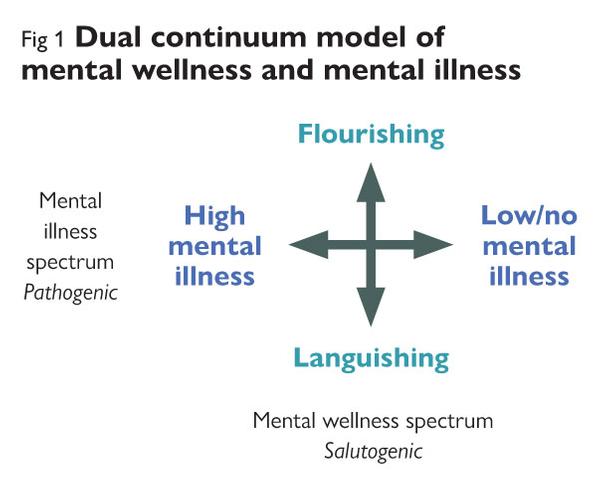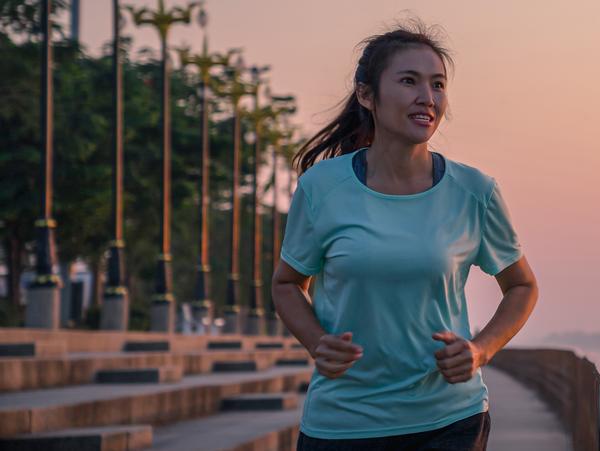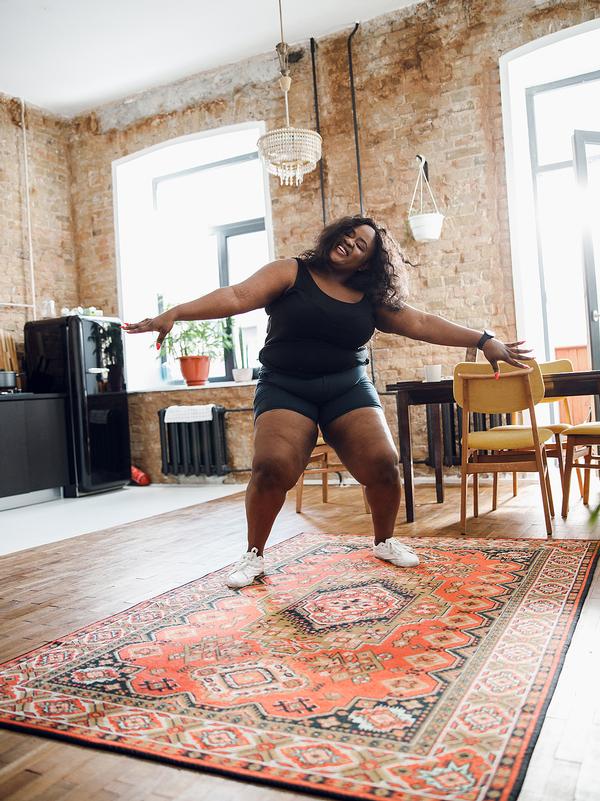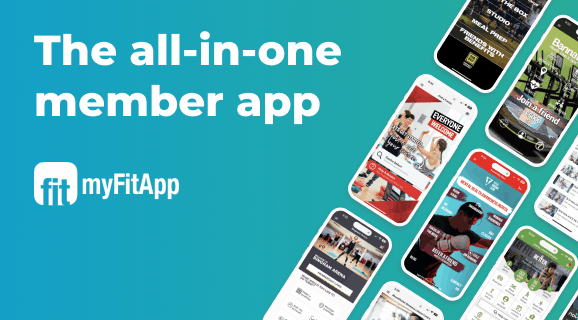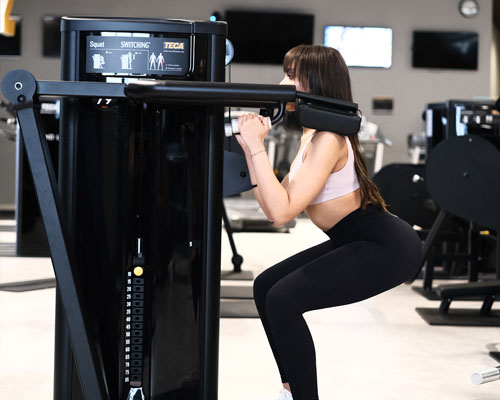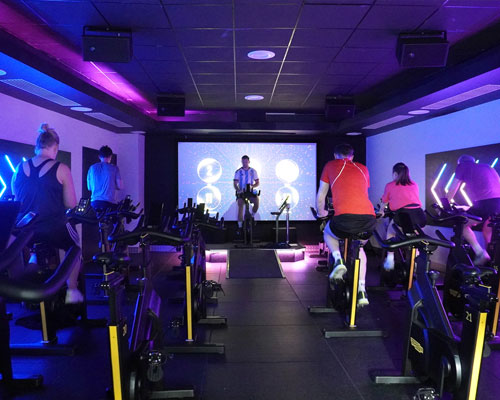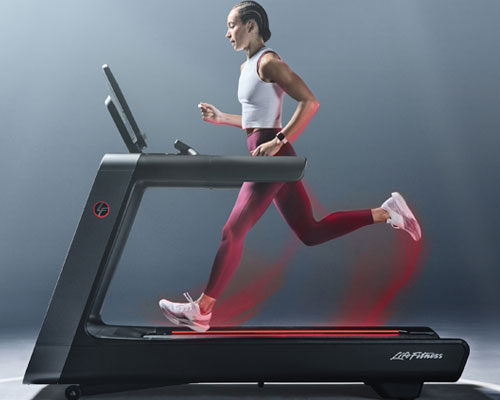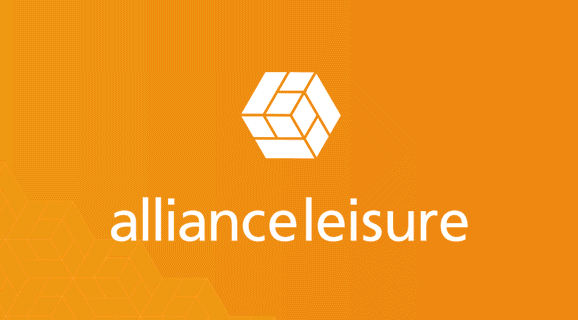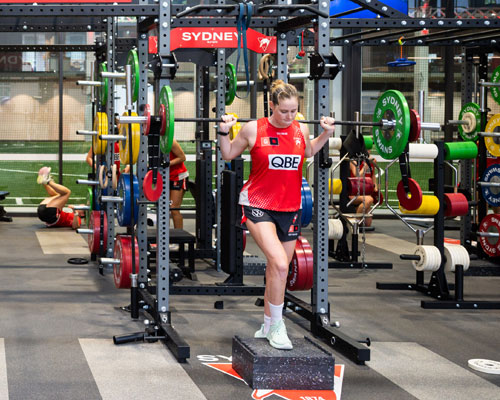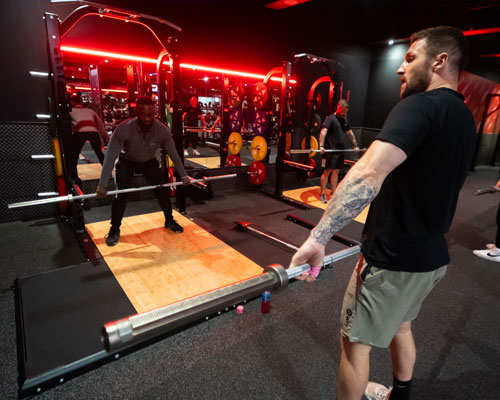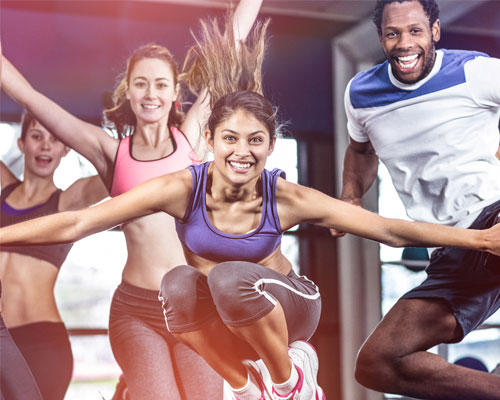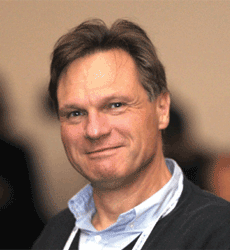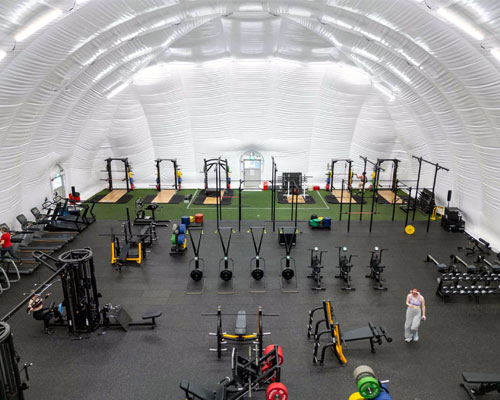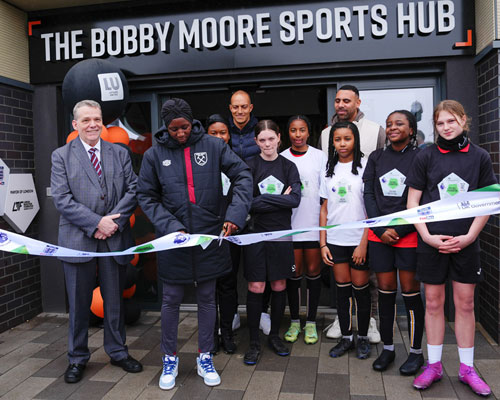features
Mental health: Onwards and upwards
Research confirms the role health clubs can play in supporting people in nurturing their mental health, as Victor Brick explains
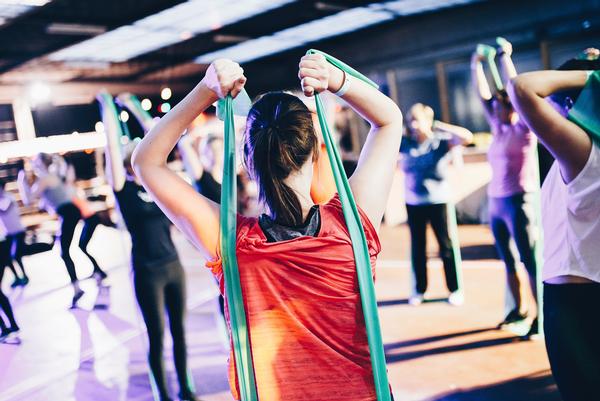
Three decades of science make it clear: exercise should be integrated into the prevention and treatment of mental illness and the promotion of mental wellness.
Routinely moving our bodies helps us build mental and emotional wellbeing – whether pumping iron, owning the treadmill, strengthening the core with yoga or tai chi, or performing less rigorous activities, such as walking, motion is indisputably associated with mental health benefits.
These are the findings of the John W Brick Mental Health Foundation’s Move Your Mental Health Report, which analyses 1,000 scientific studies published over the last 30 years on the link between exercise and mental health.
These findings could not have come at a better time. According to Johns Hopkins Medicine, in any given year, 26 per cent of adults in the US suffer from some form of mental illness. The US Centers for Disease Control and Prevention estimates that percentage has doubled since the start of the pandemic.
This is because the two things that support mental wellness most powerfully are connectivity and coping skills, while the two things COVID-19 is causing are loneliness and lack of access to coping skills: quarantines separate people, creating loneliness, while they also block people from those who can provide them with coping support, such as fitness trainers, yoga instructors, and other wellbeing professionals.
Mental health is the ability to navigate and recover from emotional, social and psychological stress. It’s the resilience to cope with life events and maintain a general sense of happiness, contentment and wellbeing. As a result, it’s more of a journey than a destination.
What role do health clubs play in mitigating the mental health crisis? Traditionally mental health has been thought of as a horizontal continuum with little or no mental illness at one end, mild mental illness in the middle, and severe (high) levels of mental illness at the other. The main forms of treatment in this model are medication, psychoanalysis, and institutionalisation.
A new approach
In the new Dual Continuum Model, developed by the Global Wellness Institute, (as shown in Fig 1) there are two continuum.
The first is the traditional ‘horizontal’ approach which treats mental health issues as being pathogenic in nature and deals with the ‘disease’ of mental illness. This approach is focused more on the physiology of the condition and involves conventional clinical care.
The second, vertical continuum is salutogenic in nature – this is an approach that focuses on health and not on disease and involves more holistic approaches such as self-care. This model ranges from ‘languishing’ at the bottom to ‘flourishing’ at the top.
A person can be struggling with mental health issues (languishing) due to external factors such as poor lifestyle choices, external stress, and life events, even though they don’t have a clinical mental illness (sse Fig 2).
This is the case with gymnast Simone Biles and tennis pro Naomi Osaka. They’re experiencing challenges that arise more from external factors than pre-existing physiological ones.
Conversely, a person can be flourishing even if they have a clinical mental illness. For example, if they have a good diet, exercise regularly and have manageable stress in their life they can be happy and productive, even while having a mental illness such as schizophrenia.
At times, treatment in these circumstances could require the combination of pathogenic and salutogenic approaches, such as both medication and healthy lifestyle choices.
The law of positive stress
Much of the salutogenic/wellness continuum is related to the Yerkes-Dodson Law of Positive Stress. Simply put, this law states that performance improves when people are subject to the right amount of physical and mental stress. Too little stress and there’s no improvement. Too much stress and there’s a drop-off in progress, including in mental health improvement. Again, this is what happened to both Simone and Naomi: too much stress.
The health club industry has an essential part to play in the vertical continuum. Exercise and physical activity are salutogenic – they are all about wellness and self-care.
Most health club members who are suffering from mental health issues will be languishing because of external factors and/or poor self-care, not because of clinically diagnosed mental health issues. These are the people who will benefit from exercise the most.
The Move Your Mental Health Report analysed research studies by type of exercise and physical activity and rated them as to their effectiveness in benefiting mental health. The research overwhelmingly supports the beneficial role of exercise and physical activity in addressing mental health issues, particularly depression and anxiety – the two conditions that have been most exacerbated by the pandemic.
The report is not meant to imply that exercise and physical activity are the only way to improve mental health – although these were the two areas studied, there is still so much to learn when it comes to ways of improving mental health – but this much we know for sure; exercise and physical activity benefit mental health.
More than ever before, health club members are seeking support for their mental health. In 2019, when asked by Euromonitor, the international market research firm, why they work out, 10,000 respondents across all four major age groups: Baby Boomers, Generation X, Generation Y, and Generation Z, gave mental wellbeing as their main reason. These survey results were reported before the COVID-19 pandemic.
The need to support mental wellbeing is undoubtedly even higher now after 18 months of high stress levels being experienced by people all around the world.
Let’s take the opportunity to help change the way the world treats mental health.
If not us, who? If not now, when?
• Download 'Supporting Mental Health & Wellbeing: A toolkit for health & fitness centers'
• Exercise is strongly associated with general mental and emotional wellbeing, including reduced stress and improved mood and quality of life
• Evidence strongly supports cardiovascular/aerobic exercise for reducing depression
• Yoga and other mindful exercises such as Tai Chi and Qigong show strong evidence for reducing symptoms of anxiety and depression
• Frequency is more important than duration. Three to five 30-45-minute moderate to vigorous exercise sessions per week appear to deliver optimal results. The key words are ‘moderate to vigorous’. This supports the concept of positive stress
• More exercise is not always better. There appears to be a bell curve where people who exercise 3-5 times per week show better mental health than those that exercise less than 3; or those that exercise more than 5. Too much exercise can increase anxiety
• High intensity exercise is generally more effective than low intensity in improving state of mind and enhancing mental health.
• Vigorous exercise has been shown to be the equivalent of an entry-level dose of an antidepressant such as sertraline
• Cardio is the best individual form of exercise for depression and anxiety, but a combination of cardio and strength is even more effective
• Initially, individual instruction is most effective for improving mental health, probably because new exercisers develop a connection with the instructor and learn the new coping skills more easily in a one-on-one environment. Over time, group training can be just as beneficial due to the increased connectivity of being part of a group
• Mindfulness-based activities such as yoga and tai chi – though they can be lower intensity forms of movement – deliver more mental health benefits than walking
• Team sports, cycling, and aerobic or gym-based exercise are the top three forms of exercise associated with over 20 per cent fewer ‘poor mental health’ days per month
• We recommend holding a team meeting and educating all your people on the growing mental health crisis and the role health clubs can play in mitigating it.
• Discuss the dual continuum model and the essential role exercise and movement plays in the salutogenic/wellness continuum. Emphasise the importance of positive stress in improving physical and mental wellbeing – understanding that positive stress is different for each individual. For some, walking might be positive stress, for example. Also emphasise the point that too little stress is as undermining as too much stress.
• Promote individual and group personal training as a mental health benefit to members, not just as an effective way to get in shape.
• Offer a wide variety of shorter 30- to 45-minute classes to encourage more frequent visits and workouts. This includes small group personal training, yoga, and group classes – lack of time is usually given as the main reason for not exercising.
• Combine cardio with strength training for optimum results and the most efficient use of time. The best way to do this while incorporating the concept of shorter workouts is to utilise interval training in shorter cardio workouts, combined with appropriate moderate to strenuous strength workouts.
• You can get a very good workout in 12-15 minutes on a piece of cardio employing proper interval training techniques based on heart rate. The first Lifecyle had a 12-minute interval training programme, for example. Circuit training is also an effective way to combine cardio and strength training in a short, efficient workout.
• A proper schedule of workout days and complete rest days is important. Like my good friend, Jamie Hayes, a fitness veteran in Australia, would say, “Sometimes I just sits and thinks, and sometimes I just sits”. Sometimes, it’s important to do nothing.
• Be keenly aware of the role of rest and recovery in maintaining good mental health. Encourage members and your team to include Yin activities such as stretching, yoga and Tai Chi in their exercise routine, as well as Yang activities such as cardio, strength training and swimming.
• No matter where people are on the mental health spectrum, they can move themselves toward greater mental wellness by creating an ecosystem of mental wellness that includes the interlocking ‘building blocks’ they need to build their mental and emotional resilience.
These include exercise, a social support network and good diet, among many other factors. The more building blocks are added, the more people find themselves moving toward greater mental and emotional wellbeing.
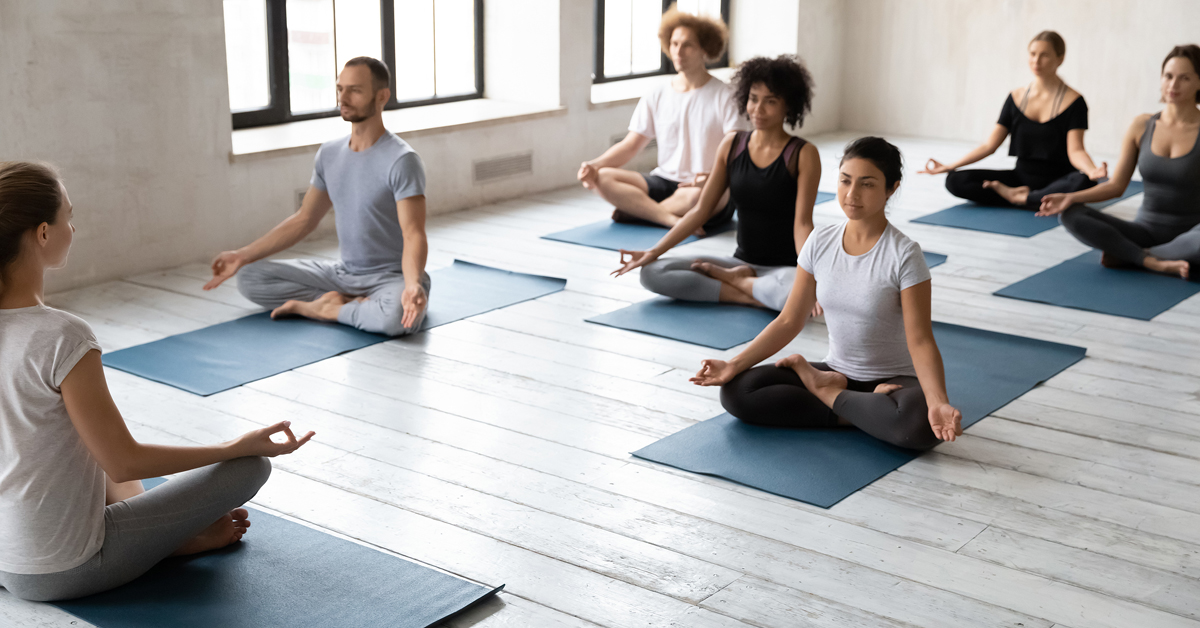
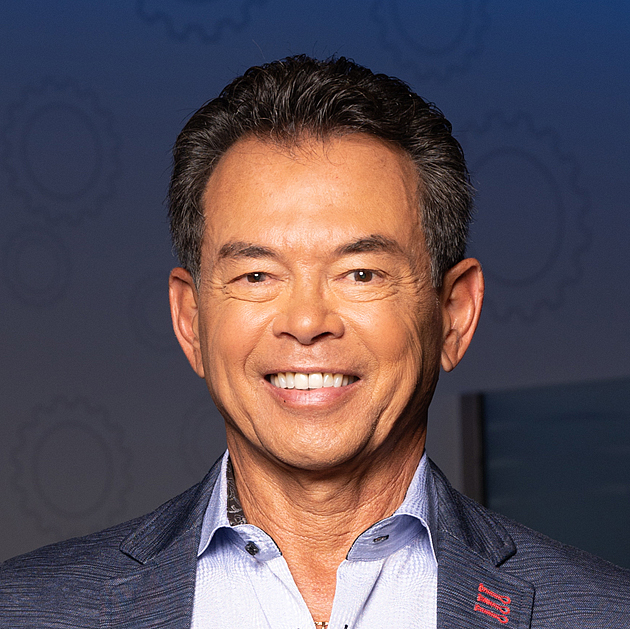
The Foundation was founded in 2015 by Victor and Lynn Brick to help give individuals and loved ones struggling with mental health issues the possibility of enjoying a better quality of life. The organisation was conceived following the death of Victor’s brother from complications relating to schizophrenia.
